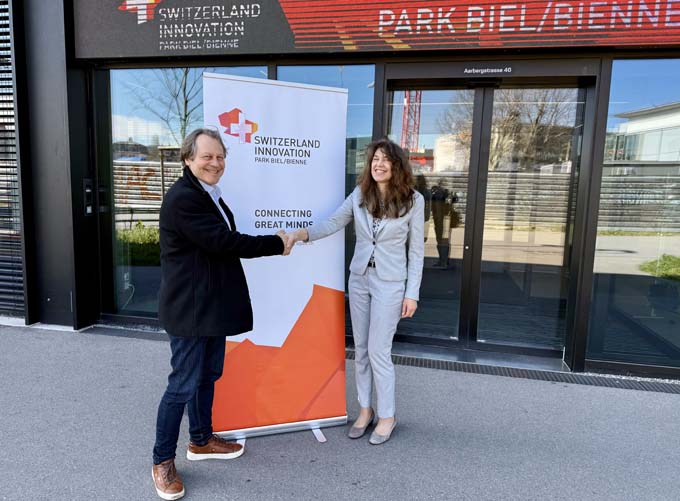Focus on ensuring business excellence
Ensuring business excellence and the quality of products or services requires meaningful risk management. Unfortunately, standard IT solutions can hardly help, because risks that can prevent this goal can only be identified by working together as partners in the company.
Low emotional commitment to the company and a lack of motivation among employees or "departmental thinking" harbor risks that endanger the long-term existence of companies. The result of a Gallup survey in Germany showed:
- 41 % of respondents have already considered leaving the company
- 38 % of respondents would immediately dismiss the boss
- only about 20 % confirm that they receive praise and recognition for good work and that the supervisor asks for their opinions and views and involves them in the processes.
We are not in Germany, but even in Switzerland there is a risk that management does not know the level of satisfaction of the workforce. According to Maslow, people are motivated in their entirety, not solely by the satisfaction of their basic needs. Basic needs are mostly met today, so people cannot be motivated by more pay or higher bonuses alone. Engaged employees want performance incentives from the level of Maslow's pyramid they are in. These include security, belonging to a successful group (team) or public recognition of individual achievements.
People too often only a production factor
Committed employees want to know the company's goals and the help of their superiors in order to grow successfully. Unfortunately, people are still often regarded as a production factor rather than as human resources. From my experience, I know that a lively, honest interaction within the company that gives employees room to develop their own potential is not only attractive to young people. Older employees also want to deepen their knowledge of customers and processes or take on new tasks thanks to targeted further training. If company training and further education is aligned with medium-term company goals, employees remain interesting for the company until retirement. The view of people as a production factor entails enormous risks and can impair the long-term success of the company.
No time-consuming discussions
Management can easily identify the existing risks and initiate the necessary countermeasures, provided that the following questions are answered:
- Do all employees know the products and strengths of the company?
- Do employees and customers understand the information provided by GL?
- Are employees involved in the design of production processes?
- Do products or services meet the Q-requirements to start the next processing step without adjustment work?
- Are customers involved in the development of products?
- Does customer information serve to improve services or does it remain unused in IT systems?
- Can employees be promoted or take on other functions thanks to competencies acquired in good time?
- Is your HR department limited to managing and recruiting?
Since the abandonment of the franc peg to the euro, the social partnership between employers and employees has been sought to save the crisis. Unfortunately, depending on the ideology, additional benefits such as protection against dismissal, longer working hours, etc. are demanded from the partner. The solution cannot be found in time- and energy-consuming discussions. Rather, the risks of economic losses must be recognized and measures to minimize them must be worked out.
Cultivate genuine cooperation
True partners voluntarily give their all to achieve a common goal. For a company, this means creating structures that allow employees to apply their expertise in the assigned tasks, to expand in a planned way and to find meaning in their work. You avoid uncalculated costs for rework, frictional losses and staff turnover.
Business excellence or product quality adapted to the customer is not achieved by IT systems or ISO certificates, but by genuine cooperation between all parties involved.









